Regional Impact Network
Across Latin America, ranching and agriculture are dominated by extractive practices and unsustainable land use. The region's mega-diversity is threatened by agricultural expansion, and the only viable alternative is a regional transition from conventional production systems to agricultural systems better adapted to climate change.
True transformation of agricultural systems can only be achieved through collaboration
Future Landscapes recognizes that Regenerative Ranching and Agriculture based on adaptation practices cannot compete with intensive agriculture. While it may be the most beneficial for the environment and society, it has higher initial cost and its results are seen in the medium and long term. However, we believe that by pooling efforts, knowledge, and public and private funds, we can achieve systemic and scalable change.
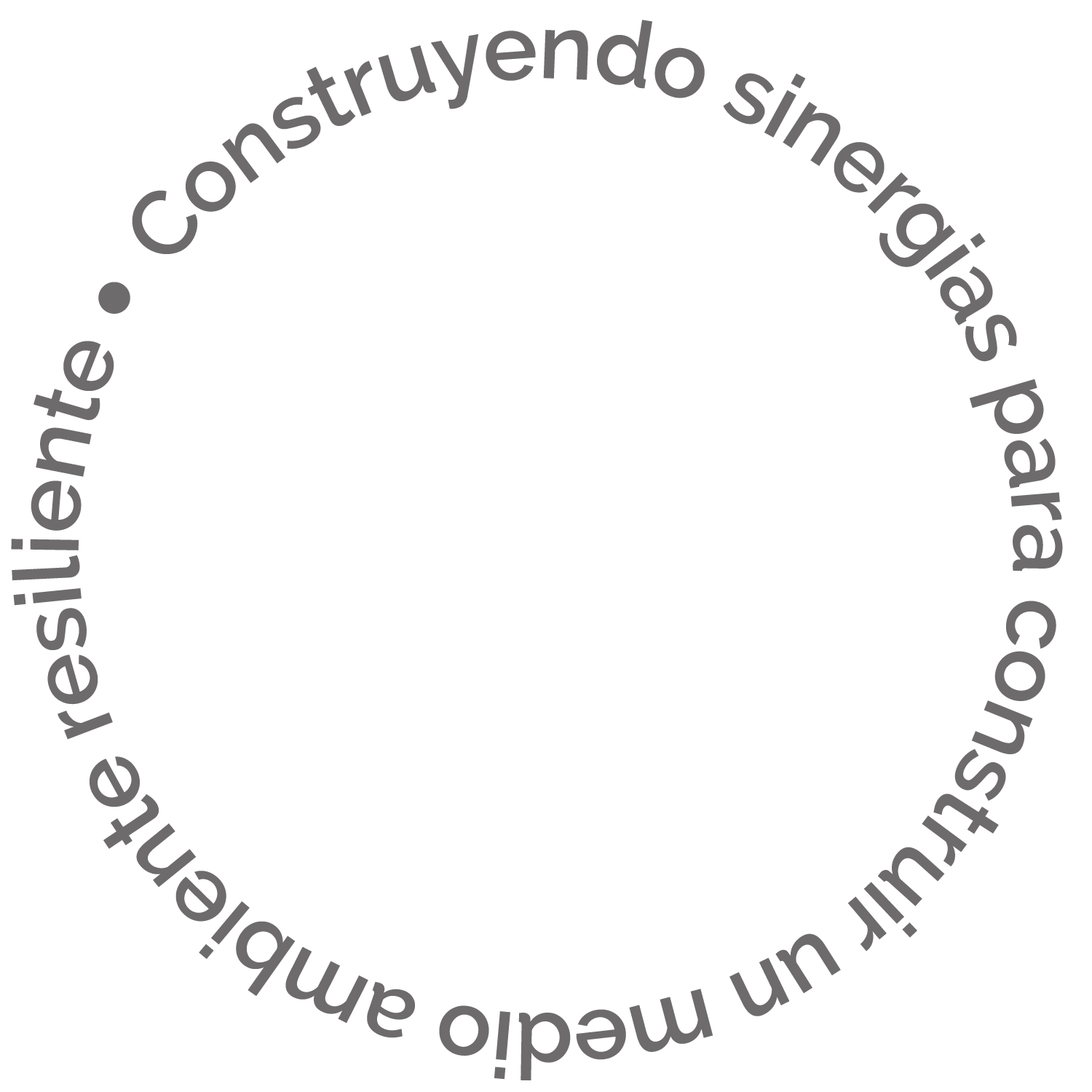
Therefore, there is a need to create an Impact Network where multiple stakeholders and interested sectors work together to enhance the capacity of natural systems and people to adapt and be resilient to a changing climate.
Our goal is to foster the creation of a multi-stakeholder network that facilitates a paradigm shift and promotes the widespread adoption of regenerative practices that combine agricultural production with landscape conservation and restoration, fostering biodiversity, soil health, efficient water use, and improving productivity to generate economic well-being for producers and their communities, and consumer health.
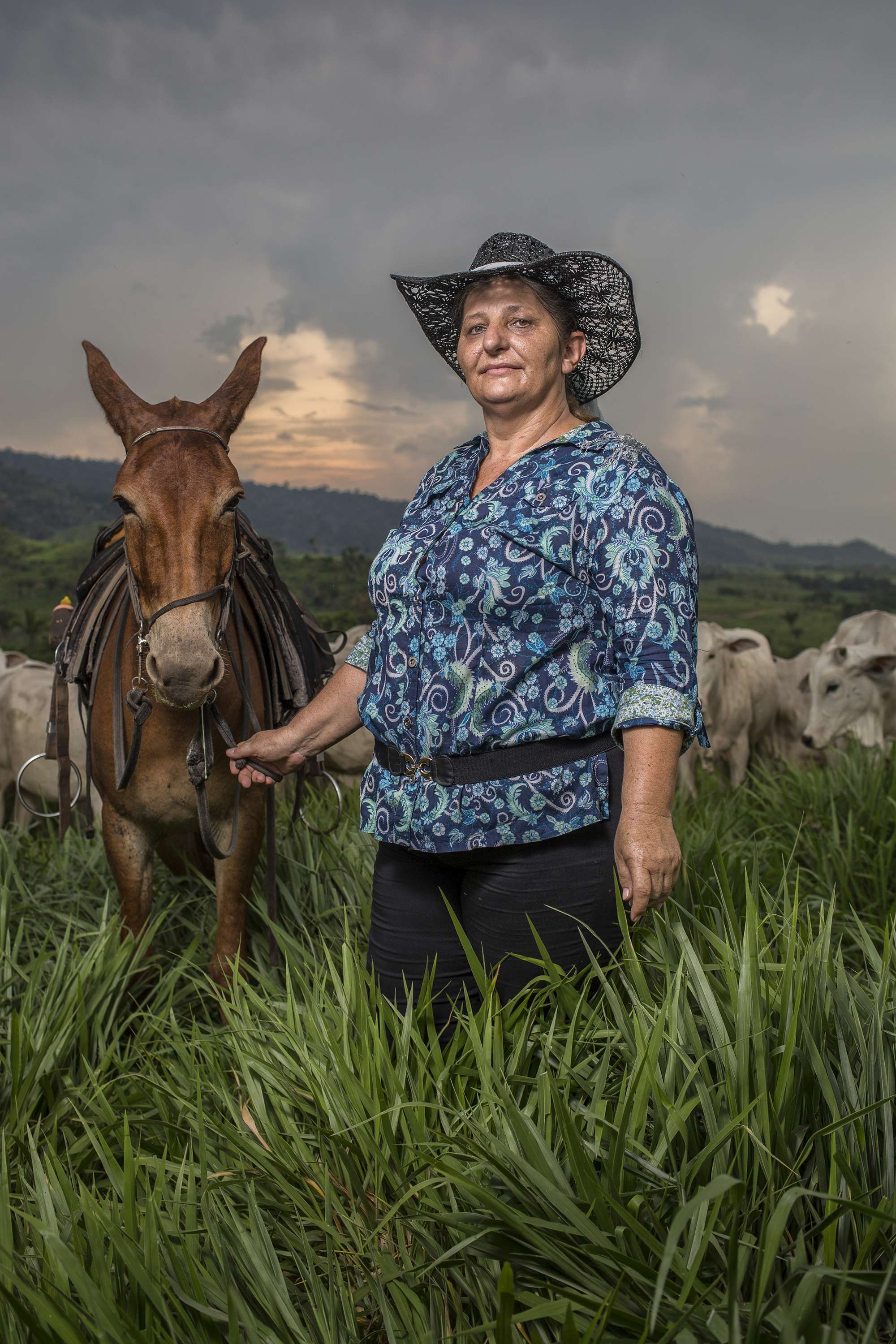



Currently, few initiatives address regenerative agriculture from an ecosystem-based adaptation approach. This is precisely the added value of Future Landscapes and the niche of opportunity where our platform aims to make a significant impact.
Building synergies for a resilient environment in Latin America
Building synergies for a resilient environment in Latin America Our Impact Network seeks to create an alliance to achieve a common practical purpose, share core competencies, learn from each other, and share risks, responsibilities, resources, and benefits.

Producers and producer associations
Private sector: Agribusiness companies and others
Research centers
Non-governmental organizations
Government agencies and institutions
The Impact Network aims to achieve systemic change in the agricultural sector at the regional level. We started with the creation of national networks in the five countries that make up the project – Argentina, Colombia, Ecuador, Paraguay, and Peru – where local chapters are being created according to the context and prioritized production chains.
From there, the Regional Impact Network will initiate coordination among different levels and types of associations to drive change on a broader scale.
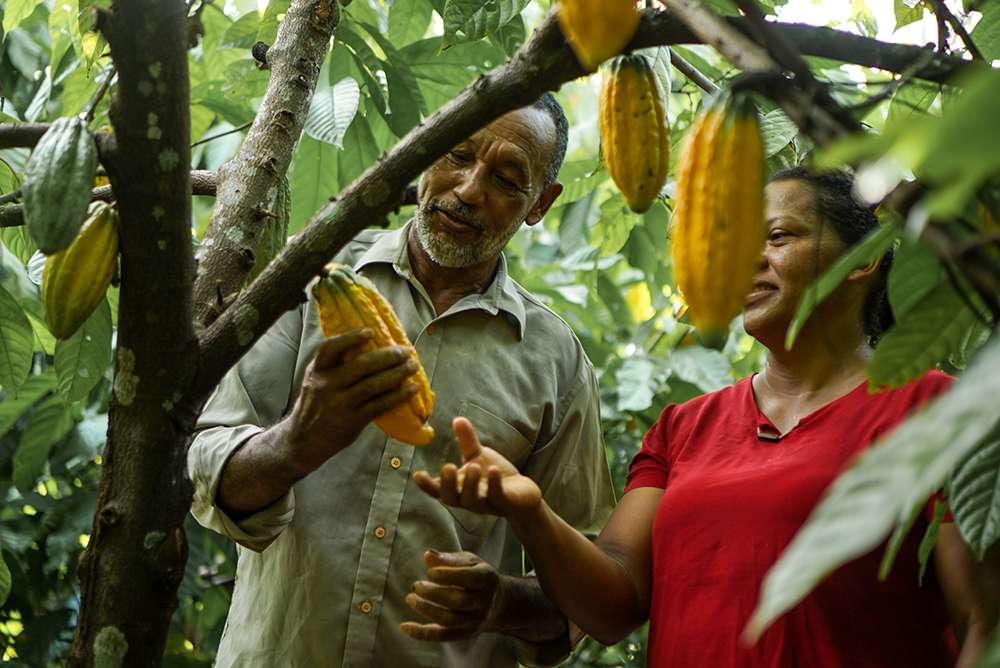



We want to promote the adoption of best practices, foster collaboration among key actors, articulate effective policies, and strengthen financial and knowledge capacities. In addition, our vision is that by 2028, at the end of the project, the Impact Network will be self-sustainable and independent of external donors, enabling us to catalyze the transformative change we seek.
Our Impact Network aims to create real change in agricultural systems. We seek not only to conserve and enhance ecosystems and biodiversity, but also to achieve optimal productive and economic performance. To achieve this, we need strong collaboration to scale our initiatives and achieve lasting results.
In short, the Impact Network is a multi-stakeholder, multi-sector alliance with a common goal: to achieve systemic change in the agricultural sector.
Why join our Impact Network?
Other agricultural platforms or collective efforts in Latin America focus on production practices and data, knowledge, and information.
However, creating an enabling environment is an area of opportunity that the Landscapes Impact Network will address by working with key actors in value chains through market opportunities, recommendations, policy analysis, and financial mechanisms.
The Impact Network differs from other initiatives by including Ecosystem-based Adaptation to conserve biodiversity and ensure the provision of ecosystem services, such as pollination, water infiltration, and healthy soils, which in turn contribute to improved social welfare, economic, and productive outcomes.
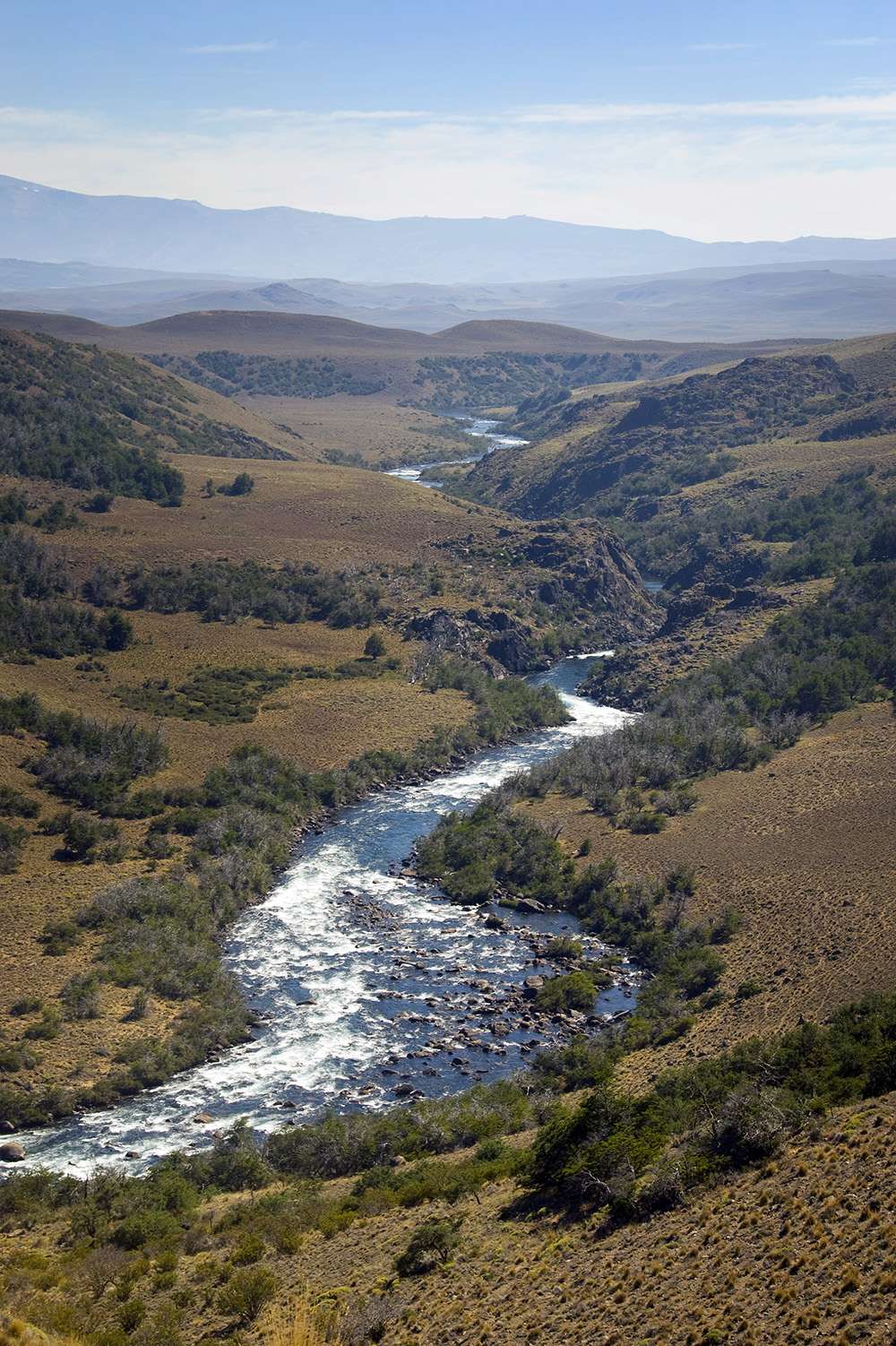


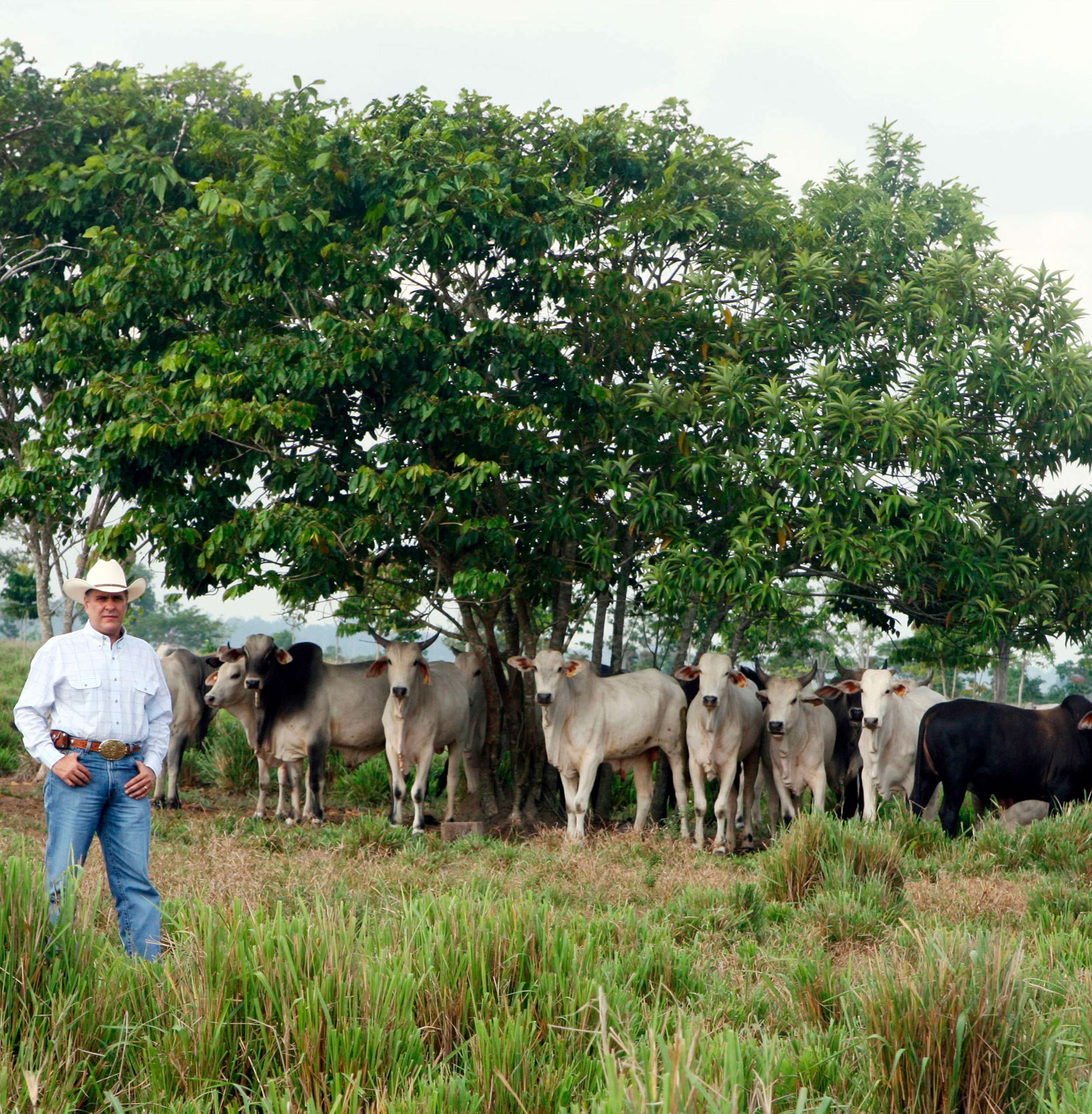
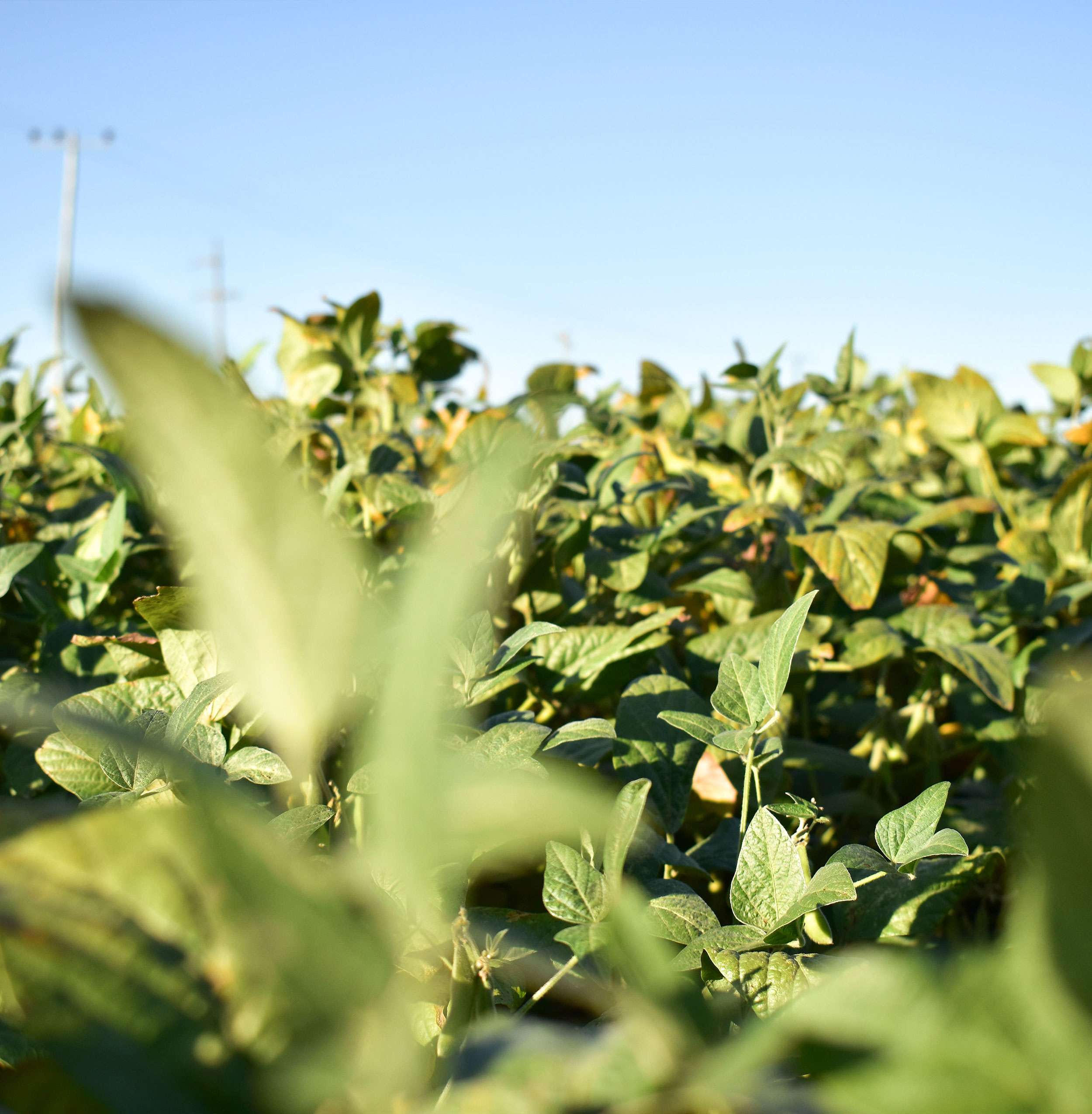
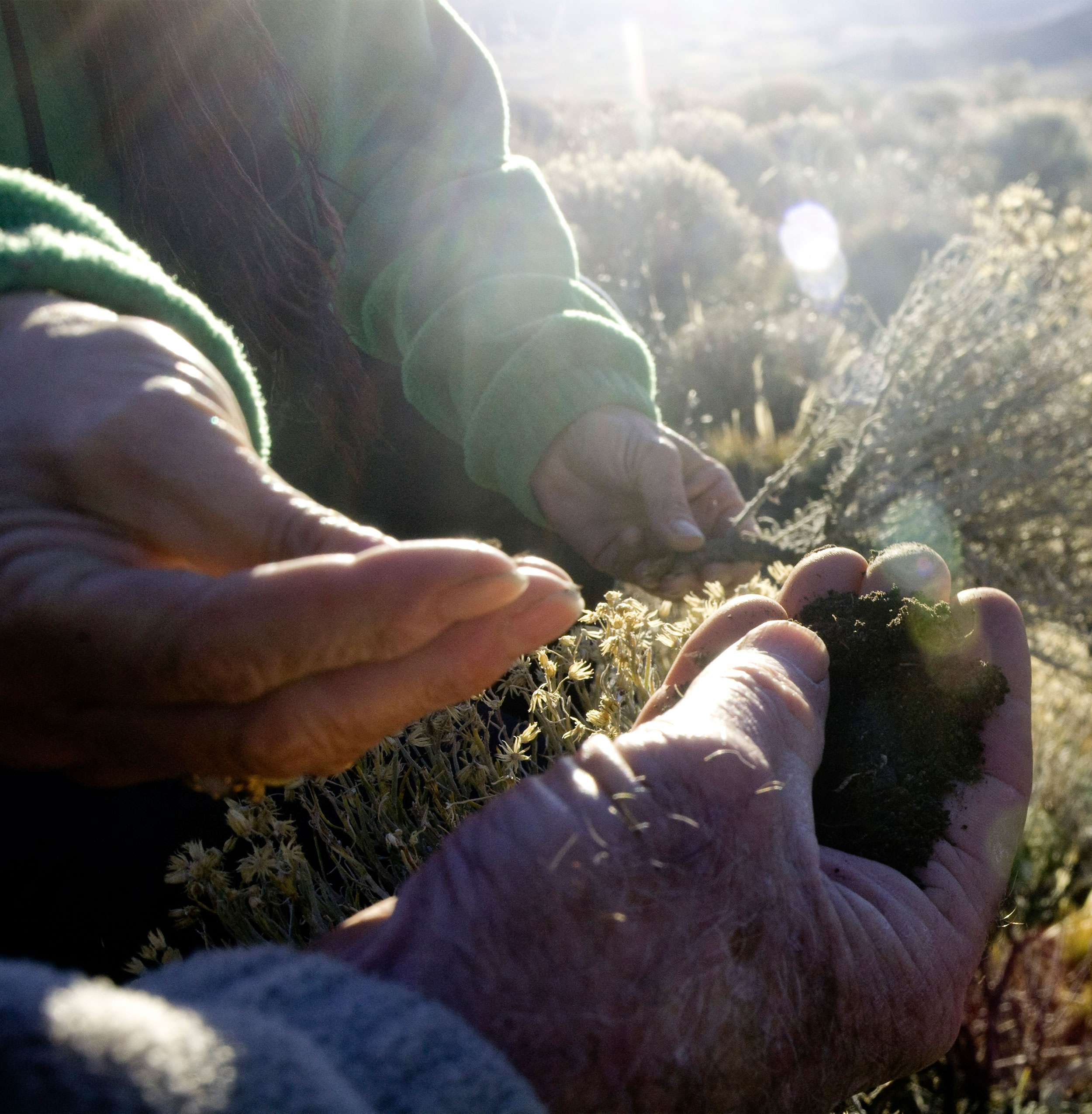
Want to be part of this change and join this network?
Building synergies for a resilient environment in Latin America
Error: Contact form not found.

